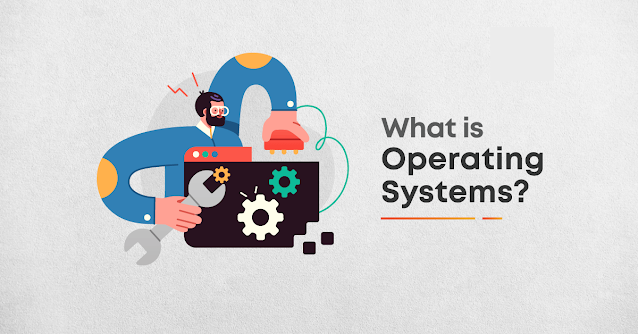Capital Meaning in Accounting
Capital Meaning in Accounting
Capital in business
Money
has the same basic definition as capital. Every one of these items
would be incorporated into the capital, giving the owner a profit. Although
money can be considered capital, it is inconceivable to consider money solely
to be a person's capital. All of a person's or organization's assets, including
patents, will be considered capital. The term capital can also be used in
accountancy to describe the amount of money that a company or person puts into their
business as a profit-making venture.
Any
company's success is dependent on its capital. When someone establishes a firm,
the money they put into it is referred to it as capital. somehow the
entrepreneur does not get his funds and is starting the firm with a loan from
the bank or another person. In this scenario, the individual's
investment is also known as capital. A businessman's loan to others is a loan,
however, when a person puts money in a firm, it is considered capital.
Capital in accounting
Many
people take the word capital to be money in its broadest sense. This is true to
some extent. The amount of money that person had upon hand to invest is
referred to as capital in accounting. When an individual invests money in a
business, she or he anticipates making a profit in return. The capital of a
person is utilized to create new capital.
A
person uses capital to purchase assets and all other necessary items and assets
so that he can reap the benefits of capital there in the future. The goal of
any individual is to earn extra profit than he has invested. It is referred to
as drawing when a person withdraws money from the capital that he or she has
invested. As it was sought out only for the use of the individual.
1. Debt Capital:
Debt
Capital: When a person or an organization starts a business. If he gets a
loan from a person or a government bank due to a lack of funds, this is
referred to as debt capital. If you assume that an individual will set up a
business by taking out a loan from somebody, you must consider whether or not
he will make a profit. However, a person's debt may present a favorable
opportunity. An example can help you understand this.
If
a person took a loan worth 100,000/- from an institution or by a person in the
1%. If a person is making more money in business, loan capital is not a bad
investment. For a young entrepreneur, debt finance can be a fantastic business
opportunity.
2. Equity Capital
This
capital can be used in the form of shares. If a person or a firm has shared,
they may simply be converted into money from selling them to the company; if
the company buys the shares of the company, it is the company's capital. When
the time comes, the corporation can sell its shares.
3. Working Capital
It
is considered to suggest that capital is being used to meet a person's or a
company's daily expenses or demands. This capital reduces current liabilities.
The quantity of effort done each day is referred to as working capital. The
responsibility for the current year is deducted from this capital. Simply said,
working capital is the sum of money reserved all day expenses.
4. Trading Capital
Trading
capital is used to raise funds. To grow his business, a person might perform a
variety of things. All capital used to try to grow a person's wealth is
referred to as trading capital. When a company invests money in its operations,
it is referred to as an investment of capital; however, with the invested
amount, money must be gained from everyday investments.
What's the difference between money and capital?
Money
is only supposed to be used for cash, whereas capital is designed to be used
for any capital held for investment. The term "cost" is used to
describe how much something costs. A person invests into something in the expectation
of making more money in the future. The distinction between cash and capital is
minimal. When money is invested, it is referred to as capital by the investor.


Comments
Post a Comment